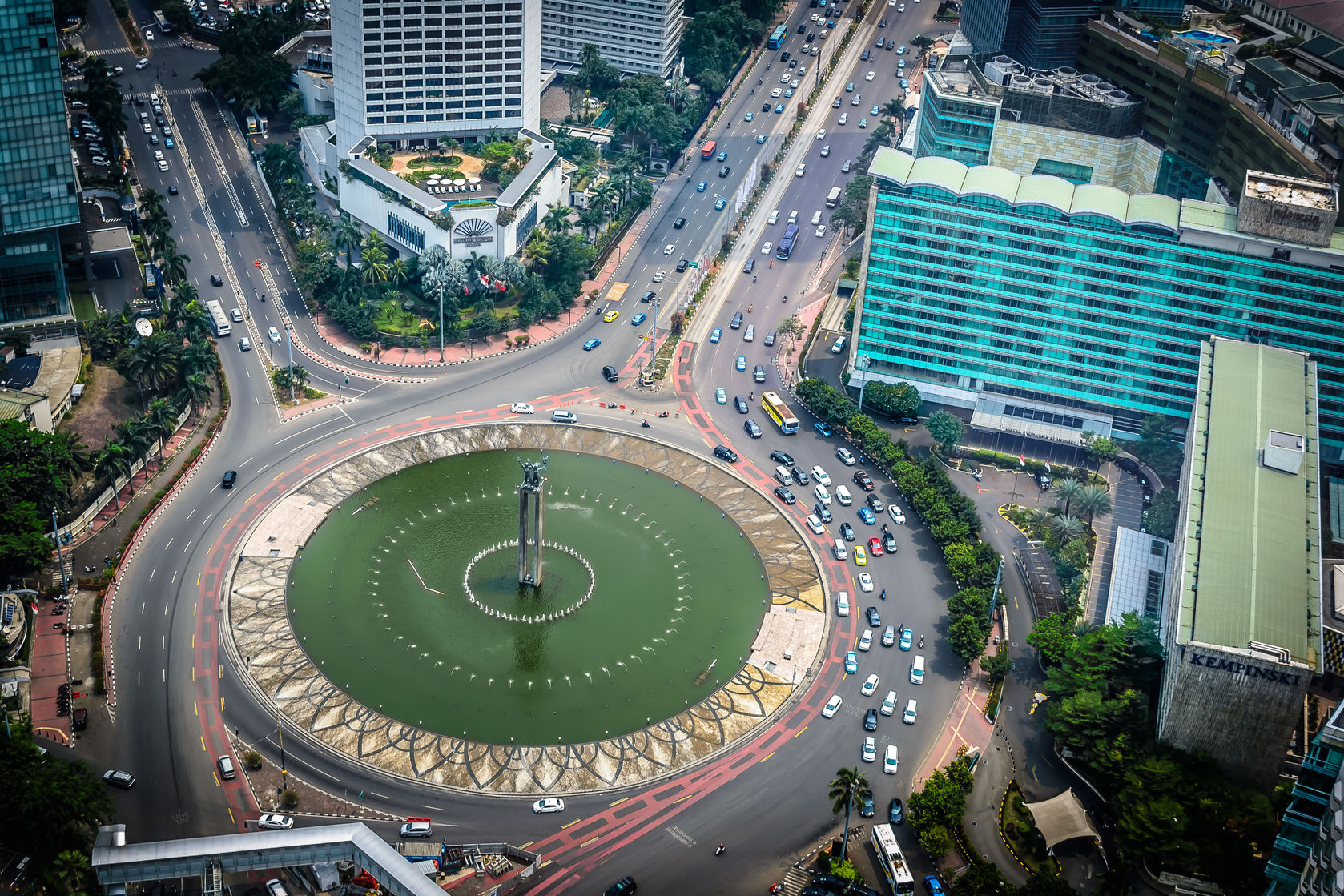24 July, 2019
On 4 February 2019, the Indonesian Business Competition Supervisory Commission (“KPPU“) issued KPPU Regulation No. 1 of 2019 on Antitrust Case Handling Procedure (“Reg 1/2019”), replacing and revoking the previous regulation on the same matter, namely KPPU Regulation No. 1 of 2010 (“Reg 1/2010”).
Reg 1/2019 comes into effect on its issuance date and introduces several important new concepts, which are expected to bring improvements in antitrust case handling procedure and more authority to KPPU. Any ongoing cases filed prior to 4 February 2019 are still subject to the old procedure set under Reg 1/2010.
Brief Description of the New Antitrust Case Handling Procedure
The following diagram illustrates the new antitrust case handling procedure under Reg 1/2019.
Comparison between the Previous Regulation (Reg 1/2010) and the New Regulation (Reg 1/2019)
| Reg 1/2010 | Reg 1/2019 | |
| Compensation Claim | Explicitly allows the aggrieved party to seek compensation in its report
|
Reg 1/2019 is silent on this matter |
| Submission of Report | Only physical submission | Physical submission and online submission through http://www.kppu.go.id/id/hubungi-kami/
|
| Confidentiality of the Reporting Party’s identity
|
Optional (at the reporting party’s request) | Mandatory |
| Change of Behaviour | Not regulated | Reg 1/2019 gives KPPU the authority to offer the alleged perpetrator to change its offensive behaviour at the Initial Examination stage, allowing the alleged perpetrator to avoid any sanctions and further examination and/or court proceedings. |
| Decision In Absentia | If the alleged perpetrator fails to appear at the Initial Examination following valid and proper summonses, the Tribunal would submit a recommendation to KPPU to proceed with Further Examination. | KPPU may directly render its decision at the Initial Examination stage, even in the absence of the alleged perpetrator. |
| Evidence in form of Indication (Bukti Petunjuk) | Only direct evidence is admissible for the proceedings. The concept of ‘indirect evidence’ was not recognized. | Reg 1/2019 recognizes the concept of ‘indirect evidence’, which may take the forms of:
a. economic evidence: expert analysis; and/or b. communication evidence: information sharing. |
| Enforcement of KPPU Decision | KPPU may proceed with a criminal report if the convicted perpetrator fails to comply with at least 2 final and binding decisions; or if such convicted perpetrator does not voluntarily comply with the final and binding decision, it may file a request for enforcement to the relevant district court. | Almost similar to Reg 1/2010, but there is no requirement for non-compliance of 2 final and binding decisions for KPPU to proceed with the criminal report.
Reg 1/2019 authorizes KPPU to proceed with civil law attachment, collection by third party, persuasive measures, announcement in printed and electronic media; and/or inclusion of business actors in the blacklist. |
| Confidentiality of Documentary Evidence | Not regulated | Optional (at the request of the relevant witness or the alleged perpetrator) |
| Resubmission of Report in Relation to Subject Matter Jurisdiction | Not regulated | Not possible, a reporting party cannot re-submit the same report to KPPU if KPPU has previously determined that it does not have jurisdiction (subject matter jurisdiction) over the case/report. |
| Consolidation of Examination | Not regulated | Possible. The examination of antitrust cases can now be consolidated if the cases are within the same legal jurisdiction, and (i) are allegedly committed by the same perpetrator(s); or (ii) are interrelated (although committed by different perpetrators). |
For more information, please contact:
Rainer Faustine Jonathan, Walalangi & Partners (W&P)
Rjonathan@wplaws.com

.jpg)






